At Grow Pittsburgh we know that the idea of creating a new community garden is exciting but may be daunting. The goal of our Community Garden Program is to help neighborhoods like yours create sustainable community food gardens that will be enjoyed for generations to come.
When starting a community garden, there are many factors to consider, and it’s important to think about them in advance to ensure your garden planning process is successful. From planning for the most possible sunlight, to community outreach, this guide address both the physical needs of your future garden, as well as the social support your garden needs to function and keep going.
These resources were put together to help aspiring community gardeners prepare to launch a new growing project. We hope you find it helps you to achieve the far-reaching benefits of a community garden, including
- Growing healthy, organic produce
- Creating a shared sense of place
- Combating food deserts
- Connecting with different cultures
- Beautifying your neighborhood
- Providing opportunities for exercise, education and job skills training
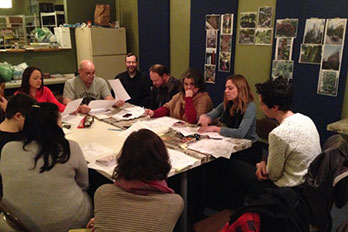
As a group, create a vision statement that captures the key priorities for the garden project. Make sure to answer the questions “What is the purpose of the garden and who is it for?” You can keep referring back to this vision statement when making decisions. Making a clear, and concise mission for your garden group allows participants continually work towards a joint goal.
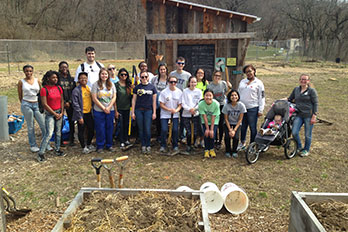
Make sure your neighbors know what is happening at the garden and when. Outreach and publicity creates the neighborhood support your garden needs – volunteers, donations, and partnerships.
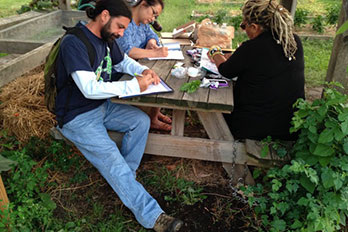
An organized group of people who have clear expectations is the secret to any grass-roots movement. This guide provides examples you can use to ensure your new group is efficient and effective.
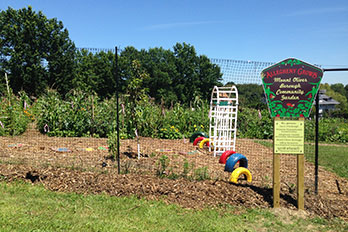
The first site you find may not be the best suited to growing healthy plants or your group’s vision. Consider: Has your soil been tested for lead? How much sun does your site receive? How easily can participants access the garden? Are there supportive neighbors living in sight of the garden?
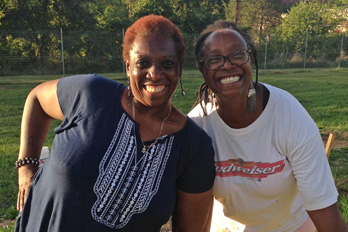
Existing gardens are eligible to apply to the Community Garden Sustainability Fund for materials like compost, fencing and tools or technical assistance like consulting and educational programming.
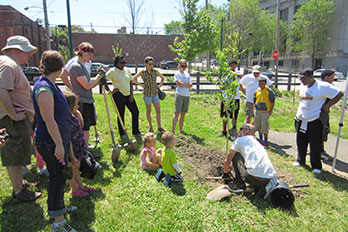
Don’t do it alone! There are plenty of resources and organizations that can help you and your garden. Whether it is a cash donation or a volunteer day, there are people waiting to help you – all you have to do is ask.
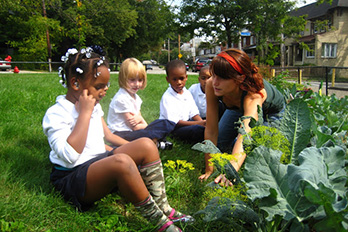
Information of best-practices, fundraising, and on how to anticipate problems.
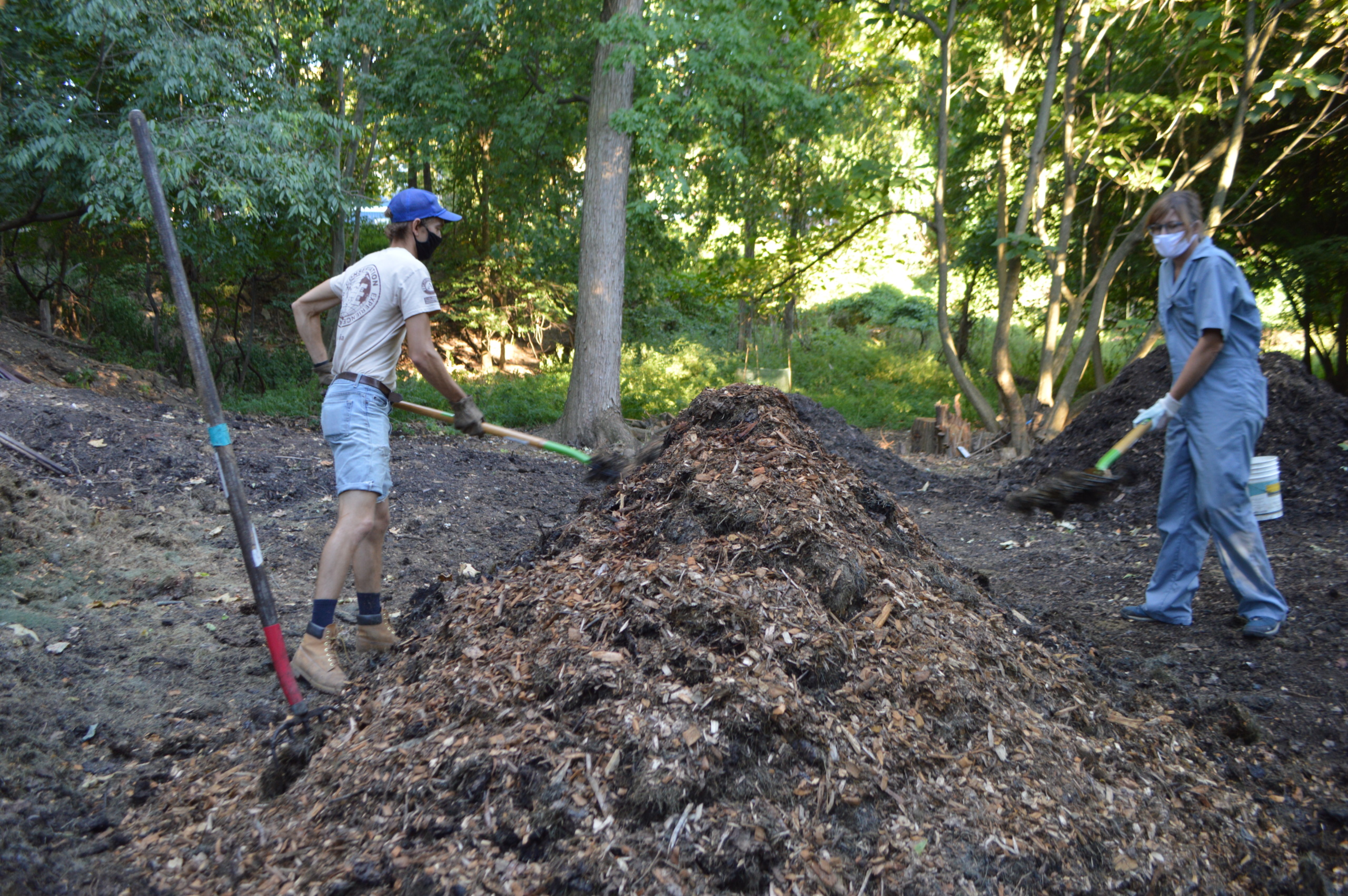
Information on the Master Composter Program and resources about Community Composting and compost best practices.
